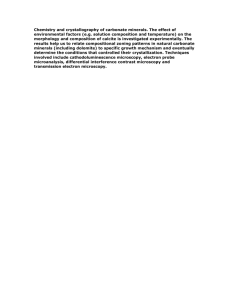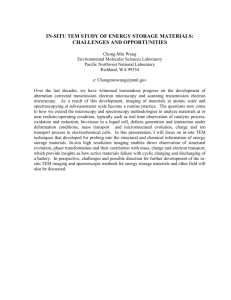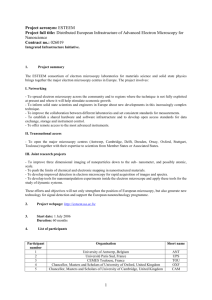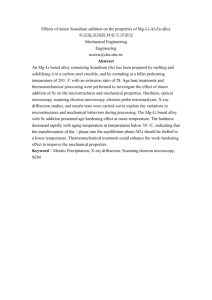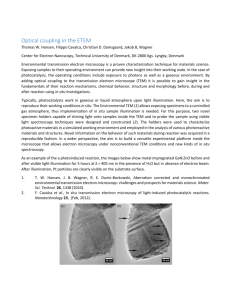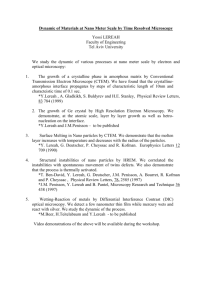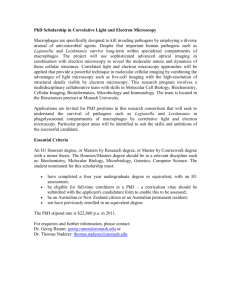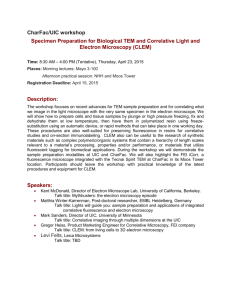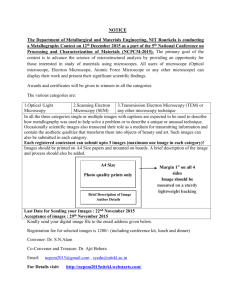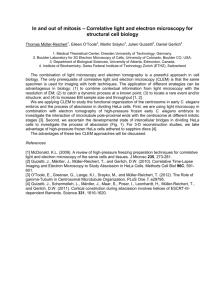EN20090055JU
advertisement
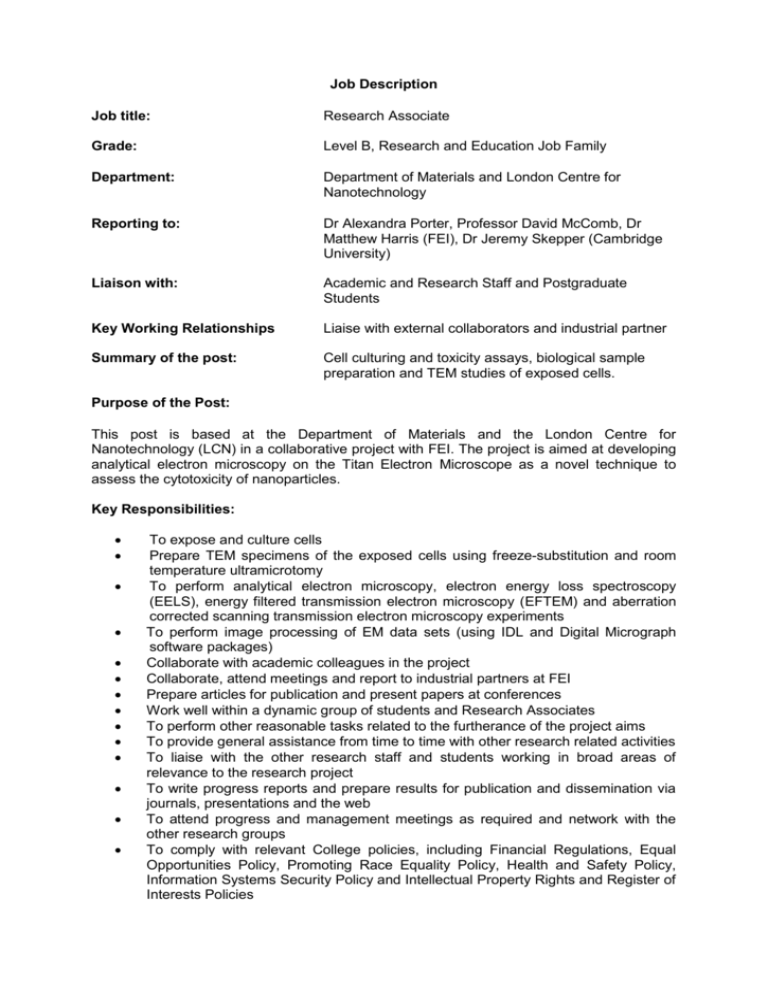
Job Description Job title: Research Associate Grade: Level B, Research and Education Job Family Department: Department of Materials and London Centre for Nanotechnology Reporting to: Dr Alexandra Porter, Professor David McComb, Dr Matthew Harris (FEI), Dr Jeremy Skepper (Cambridge University) Liaison with: Academic and Research Staff and Postgraduate Students Key Working Relationships Liaise with external collaborators and industrial partner Summary of the post: Cell culturing and toxicity assays, biological sample preparation and TEM studies of exposed cells. Purpose of the Post: This post is based at the Department of Materials and the London Centre for Nanotechnology (LCN) in a collaborative project with FEI. The project is aimed at developing analytical electron microscopy on the Titan Electron Microscope as a novel technique to assess the cytotoxicity of nanoparticles. Key Responsibilities: To expose and culture cells Prepare TEM specimens of the exposed cells using freeze-substitution and room temperature ultramicrotomy To perform analytical electron microscopy, electron energy loss spectroscopy (EELS), energy filtered transmission electron microscopy (EFTEM) and aberration corrected scanning transmission electron microscopy experiments To perform image processing of EM data sets (using IDL and Digital Micrograph software packages) Collaborate with academic colleagues in the project Collaborate, attend meetings and report to industrial partners at FEI Prepare articles for publication and present papers at conferences Work well within a dynamic group of students and Research Associates To perform other reasonable tasks related to the furtherance of the project aims To provide general assistance from time to time with other research related activities To liaise with the other research staff and students working in broad areas of relevance to the research project To write progress reports and prepare results for publication and dissemination via journals, presentations and the web To attend progress and management meetings as required and network with the other research groups To comply with relevant College policies, including Financial Regulations, Equal Opportunities Policy, Promoting Race Equality Policy, Health and Safety Policy, Information Systems Security Policy and Intellectual Property Rights and Register of Interests Policies Job descriptions cannot be exhaustive; the post holder may be required to undertake other duties, which are broadly in line with the above key responsibilities. Imperial College is committed to equality of opportunity and of eliminating discrimination. All employees are expected to adhere to the principles set out in its Equal Opportunities in Employment Policy, Promoting Race Equality policy and Disability Policy and all other relevant guidance/practice frameworks. PERSON SPECIFICATION Applications are required to demonstrate that they possess the following attributes: Qualifications: A PhD (or equivalent) in Chemistry, Biology, Physics or Materials Science Experience and Knowledge: Strong background in analytical EM and high resolution EM In addition, an interest or background in one of the following: nanomaterial characterisation, confocal microscopy, nanomaterials processing, toxicity assays. Knowledge of safe working practices in laboratories Desirable A strong background in biological sample preparation for transmission electron microscopy Experience in cell culture Skills and Abilities: Excellent communication and organisational skills. A demonstrated ability for innovation and original research. Good multi-tasking abilities. Ability to exercise initiative and judgment in carrying out research tasks. Ability to write clearly and concisely to a level consistent with publication in highly regarded international journals. Ability to relate appropriately to others and to work as part of a team. Ability to tackle a wide variety of tasks. Analytical skills. Good computer literacy including data-bases, spread sheets and statistical analysis. Ability to relate to other researchers, and students in an academic context. Ability to present themselves at conferences and seminars with authority and coherence. Ability to organise and prioritise own work with minimal supervision.

